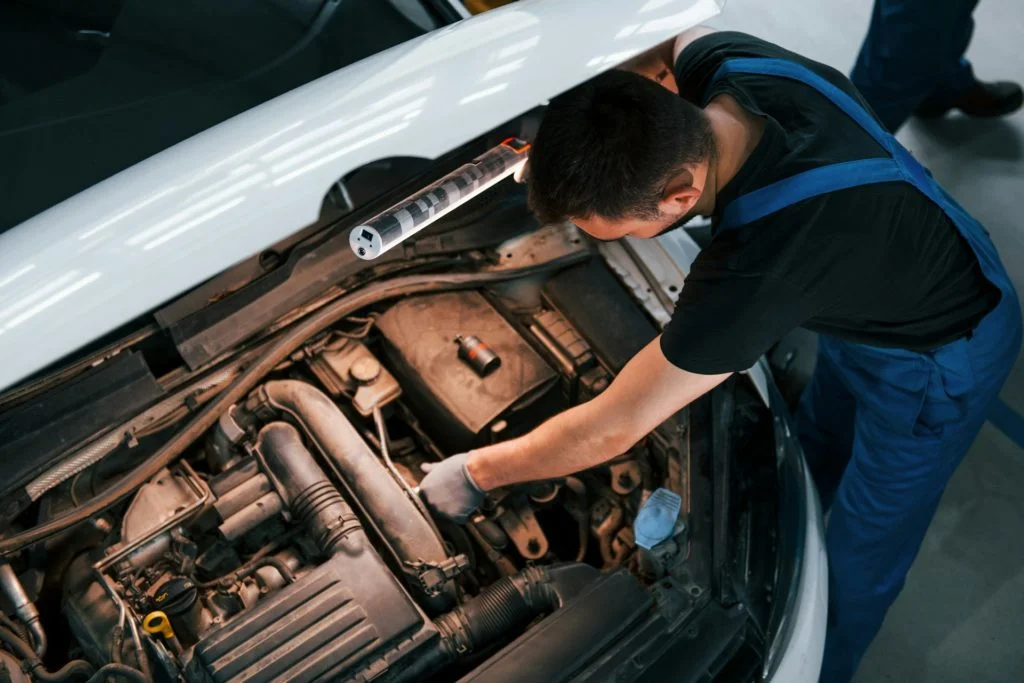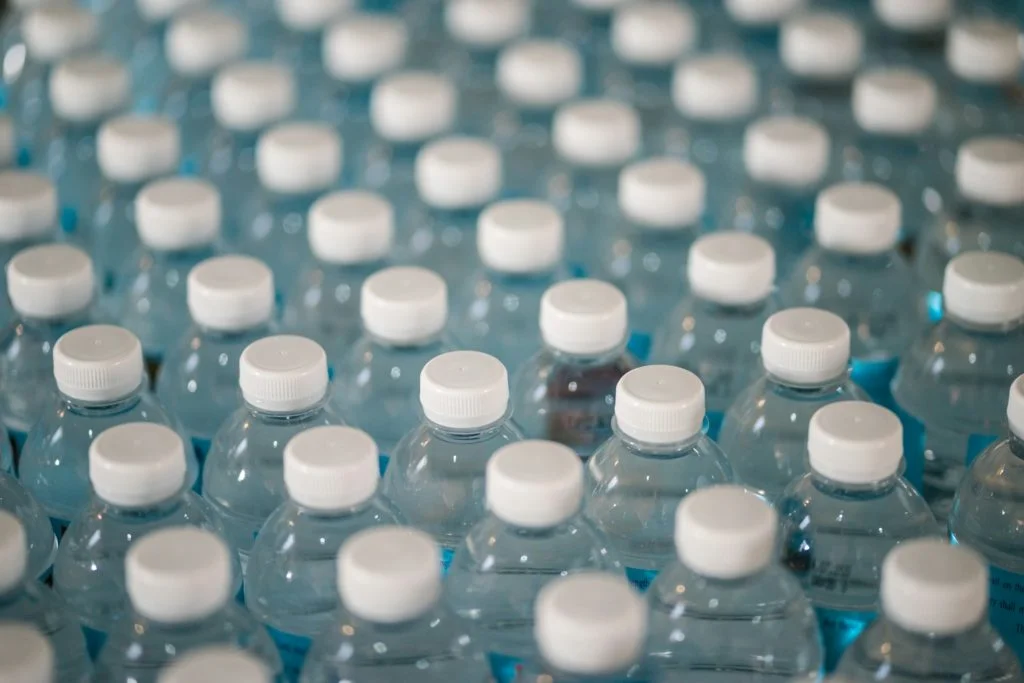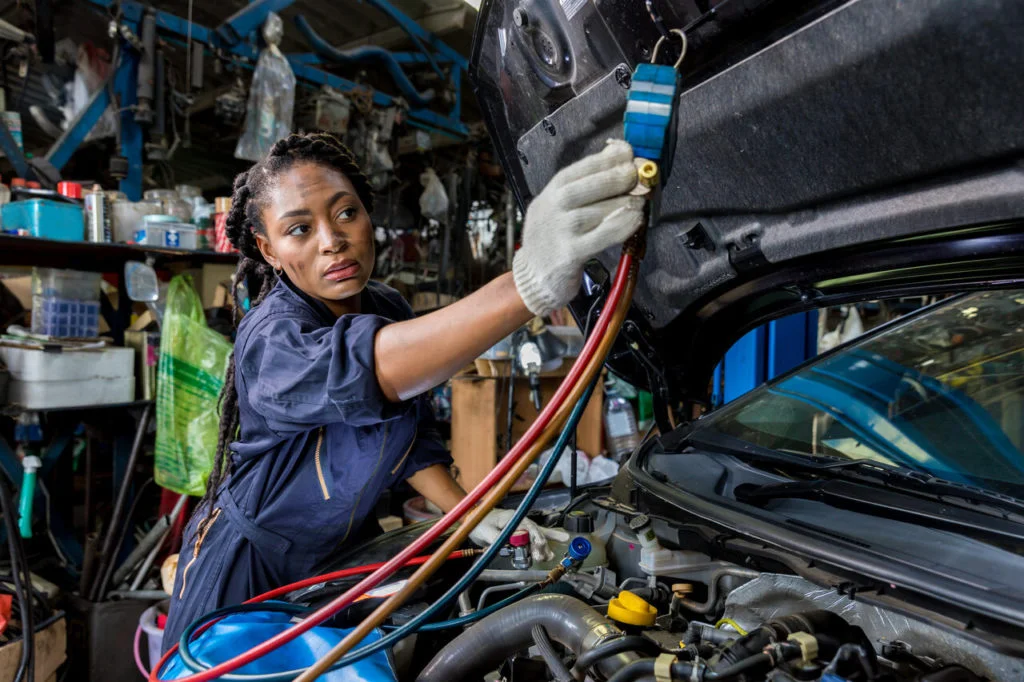The shift towards a circular economy model has gained significant momentum in recent years, particularly within the automotive and manufacturing industries. Driving this change is the urgent need to reduce the environmental impact of waste and empower businesses to adopt sustainable practices. The upcoming Plastic Tax in the UK serves as an additional catalyst, encouraging companies to include a minimum of 30% recycled plastic in their products or packaging, thereby promoting a circular approach to material usage and waste management.
A key enabler in this transformation is Pulse Plastics, an innovative UK-based independent specialist plastic solution provider, offering cutting-edge reprocessing services to companies within the automotive and manufacturing sectors. By partnering with Pulse Plastics, businesses can establish a more circular system of material consumption and waste management, contributing to a greener, more sustainable future. Pulse Plastics helps manufacturers claim tax back, save money, and adhere to the Plastic Tax regulations, all while promoting the integration of reprocessed materials into their operations.
In this insightful article, we will explore the role of Pulse Plastics in assisting automotive and manufacturing businesses to adopt circular economy principles, with a focus on the integration of reprocessing services as a means to achieve compliance with the Plastic Tax, reduce costs, and foster sustainable growth. Equip yourself with the knowledge and understanding needed to make informed decisions regarding your business’ role in advancing circular economy initiatives and discover the benefits offered by Pulse Plastics’ reprocessing services.
Embrace the possibilities of a circular economy and join forces with Pulse Plastics to revolutionise the automotive and manufacturing industries, paving the way towards a more resource-efficient, environmentally responsible, and economically viable future for all.
The Circular Economy: A Gateway to Sustainability in Automotive and Manufacturing Industries
The circular economy offers a transformative approach to sustainable growth within the automotive and manufacturing sectors, turning away from the traditional linear “take, make, dispose” model by promoting an ongoing cycle of resource use and regeneration. Key tenets of the circular economy include:
- Design for longevity: Creating durable, repairable, and modular products that can be easily maintained, upgraded, or repurposed, thereby extending their lifespan and reducing waste.
- Optimised resource usage: Prioritising the use of reprocessed or refurbished materials over virgin resources, resulting in a more sustainable and eco-friendly approach to materials management.
- Waste reduction: Striving towards a “zero waste” objective by developing innovative methods to reduce, reuse, or repurpose materials at the end of their useful life.
The Plastic Tax: An Opportunity to Advance Circular Economy Principles
The Plastic Tax presents an ideal opportunity for businesses within the automotive and manufacturing sectors to further advance circular economy principles, with the requirement for a minimum of 30% recycled plastic content serving as a catalyst for the adoption of reprocessed materials. Key considerations for businesses looking to leverage the Plastic Tax as a driver for circular economy progress include:
- Strategic realignment: Develop a tailored roadmap towards the integration of reprocessed materials within your operations, allowing for compliance with the Plastic Tax while also maximising the benefits of the circular economy.
- Collaborative partnerships: Form strategic alliances with reputable service providers like Pulse Plastics to ensure a steady supply of high-quality reprocessed materials, as well as specialised advice and support.
- Stakeholder engagement: Foster strong communication channels with suppliers, customers, and other stakeholders to promote awareness and support for your organisation’s circular economy ambitions.
How Pulse Plastics Empowers the Circular Economy Transformation
Pulse Plastics offers an array of innovative reprocessing solutions tailored to the unique needs of automotive and manufacturing industries, ensuring they can harness the tremendous value offered by the circular economy. By partnering with Pulse Plastics, businesses will benefit from:
- Premium reprocessed materials: Pulse Plastics supplies high-quality reprocessed materials that can be easily integrated within various manufacturing applications, delivering cost savings as well as contributing to a more sustainable operation.
- Plastic Tax compliance: Collaborating with Pulse Plastics will help businesses meet the Plastic Tax regulations, allowing them to claim tax back and avoid penalties – all while promoting the use of reprocessed materials.
- Expertise and support: As an industry leader in reprocessing services, Pulse Plastics boasts extensive knowledge and expertise to help businesses successfully transition to a circular economy model.
Implementing Circular Economy Practices with Pulse Plastics: A Step-by-Step Guide
Embracing the circular economy within your business requires a systematic and strategic approach. By following this step-by-step guide, automotive and manufacturing businesses can seamlessly incorporate reprocessed materials and achieve circular economy success.
- Assess Your Current Operations: Conduct a comprehensive audit of your existing processes, material usage, and waste management, identifying areas where the integration of reprocessed materials can provide immediate benefits.
- Set Your Goals and Objectives: Establish clear targets for circular economy adoption and Plastic Tax compliance, defining actionable steps that will enable you to meet these goals.
- Partner with Pulse Plastics: Engage Pulse Plastics as your reprocessing service provider to secure a reliable source of premium reprocessed materials and expert guidance tailored to your specific operational needs.
- Implement Your Circular Economy Strategy: Work closely with Pulse Plastics to incorporate reprocessed materials into your operations, effectively manage your waste, and promote a culture of sustainability within your organisation.
Conclusion
The circular economy model offers a compelling vision for the future of the automotive and manufacturing industries, with the potential for significant environmental, social, and economic benefits. The Plastic Tax serves as a powerful motivator for businesses to embrace the circular economy principles proactively, fostering the integration of reprocessed materials within their operations.
By partnering with Pulse Plastics, automotive and manufacturing businesses can seize the opportunities presented by the circular economy model while complying with the Plastic Tax requirements. This collaboration will not only help businesses to claim tax back and save money but will also contribute to a more sustainable and resource-efficient future for the industry as a whole.
Take the first step towards adopting the circular economy with Pulse Plastics – together, we can lead the charge in reshaping the automotive and manufacturing sectors for a more sustainable and prosperous future. Ask us about our plastic innovations!


